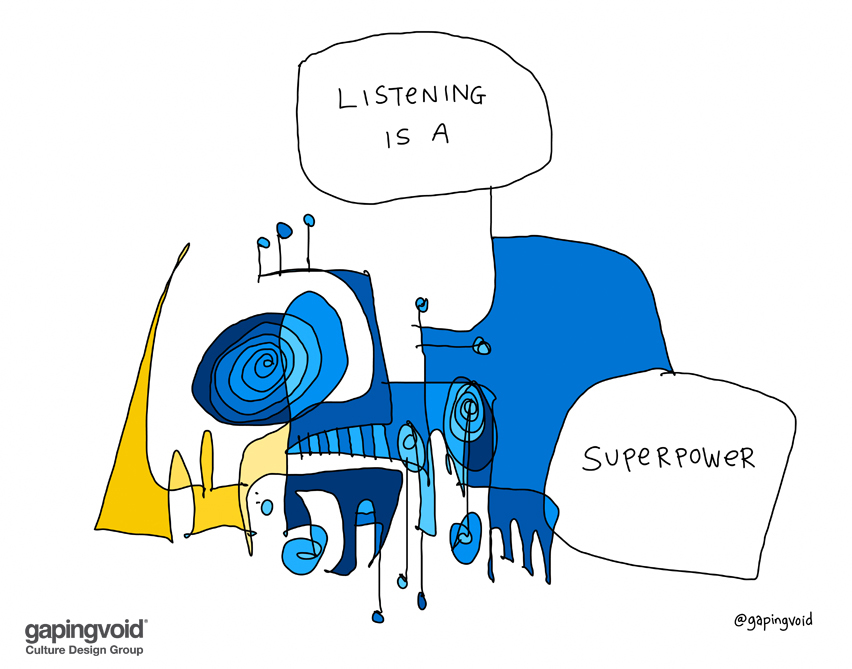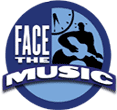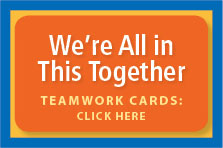One of the Biggest Obstacles to Genuine Communication

"When people talk, listen completely. Most people never listen." -- Ernest Hemingway
One of the biggest obstacles to good communication between two people can be summarized in four words: "I already know that."
This all-too-common phrase heads its ugly rear when the listener, having heard as little as a single sentence from the speaker, assumes they already understand what the speaker is going to say. It is this snap judgment, often made unconsciously, that subverts even the faintest hope of communication. But even more than that, it subverts trust, intimacy, connection, and the possibility of meaningful collaboration.
And while it's possible, of course, that the listener does know what the speaker is about to say -- especially if the two of them have a longstanding relationship -- all too often, the listener does not, at least at the depth of what the speaker wants to express.
In other words, conversational beginnings don't always foreshadow the depth or direction of what's to follow.
Whenever the listener, in a conversation, responds with "I already know that", it is highly likely that the speaker will feel dismissed, diminished, dissed, interrupted, unheard, misinterpreted, or judged -- the kind of reactions that don't bode well for any kind of one-on-one communication. And even more than that, it increases the likelihood that the "unheard" person will retract and become less willing, in the future, to initiate other conversations -- the so-called "vicious cycle."
It doesn't work for marriages. It doesn't work for business relationships. And it doesn't work for even the closest of friends.

Are there reasons why this conversation interruptus dynamic happens between two people? Absolutely. And here are five of the most common:
1. IMPATIENCE: If the person being asked to listen has a lot on their mind, is busy, overwhelmed, or distracted, he or she will tend to perceive whatever is being said to them as an interruption -- or worse, an invasion of privacy. The result? Impatience and, along with it, the rush to end the conversation as quickly as possible. As a result, curiosity and receptivity go out the window and the person talking ends up concluding that the listener doesn't have the time, interest, or willingness to engage.
2. LIMITING ASSUMPTIONS: An assumption is a belief that's accepted as true without having sufficient proof. In other words, human beings are predisposed to supposing, presuming, projecting, and jumping to conclusions without really knowing what's to come. We may think we know what someone is about to say to us based on past conversations we've had with them, but our presumptive thought doesn't always match up with the content wanting to be shared.
3. CONCERN ABOUT WHERE THE CONVERSATION MIGHT BE HEADING: It is not uncommon for the listener, in a conversation, to utter the "I already know that" phrase as a way to protect themselves from where they imagine the speaker is about to take them -- a kind of protective, pre-emptive strike on the part of the listener. If the topic on the table is a charged one and the listener is not in the mood to participate in what they project will be an uncomfortable conversation, a sure way to end the exchange is to cut things off at the pass by declaring "I already know that."
4. SELF-RIGHTEOUSNESS: All of us have a tinge of self-righteousness in our blood -- the belief we are morally superior, smarter, or wiser than another. When the person, on the receiving end of a new conversation, is coming from this kind of mindset, it is highly unlikely that any real communication will happen. Unspoken judgment? Yes. Social distancing? Sure. Disappointment? That, too. But no real spaciousness for any kind of genuine expression to take shape.
5. THE LISTENER DOES NOT TRUST OR RESPECT THE SPEAKER: Here's the bottom line: If the person being spoken to is not experiencing trust, appreciation, or respect for the person who is speaking, there's a high likelihood that he or she will find a way to end the conversation abuptly. And one of the simplest ways to do that is to trot out the "I already know that" phrase -- a not-so-secret code for "Excuse me, I have better things to do than talk to you right now."
Of course, there is always the flip side of this coin.
While all of the above conversation inhibitors are quite common, there will be times when the listener's declaration of "I already know that" is both appropriate and well-founded. Perhaps the speaker IS obsessing, being neurotic, or repeating themselves for the tenth time. It happens. It does. But even when it does happen, the listener always has the option of moving the conversation (and the relationship) to higher ground. How? By assuming the best in the speaker and responding with graciousness, receptivity, patience, and presence.

Here's another way to think about this dynamic:
If someone looks into your eyes and says "I love you," you responding with the words "I already know that" probably isn't the best way to establish intimacy. Or if your child comes running into your bedroom and says "there's a monster under my bed", you responding with "I already know that, you told me the same thing last night" isn't likely to calm your child's fears.
Those kinds of responses, while rational, are not what's needed in the moment. What's needed is something else -- receptivity, curiosity, empathy, care, and presence -- all of which are the pre-conditions for genuine communication.
I am not suggesting you become an easy target for another person's neediness, neurosis, or projections. Nor am I suggesting you waste your time entering into conversations you really don't want to have. What I'm suggesting is this: Any time another person seeks you out to speak their mind or express themselves, it's a golden opportunity for you to be of service -- a simple act of human kindness that can be accomplished in three minutes or less. Let go of your fear of being overwhelmed. Your day is not about to be ruined. You are not about to be sucked into a rabbit hole you cannot get out of.
All that's being asked of you is to receive the other, honor their need to express and, by so doing, increase the odds of genuine communication taking place. Towards that end, you have choices. Here are two healthy alternatives to the "I already know this" routine:
1. Pause, take a breath, and become present: In other words, for the moment, let go of your TO DO list and the spinning hard disk of your mind. Unplug from your momentum! See the person standing before you as the perfect person to be standing before you and know that your respectful attention has the potential to work wonders (without taking a whole lot of time).
2. In a gracious way, let the speaker know you DO understand what they are about to say -- then give him or her a chance to express themselves more fully, i.e.
-- "I hear you. I know this is a huge topic for you. Is there anything else you need to say to me about this?"
-- "Yup. I totally get that this topic has been on your mind for a while. What do we need to do to resolve this situation?"
-- "Hmmm. I can see we have some unfinished business here. Is there anything you need from me to get closure on this?"
-- "Thanks for speaking up. I know how important this topic is for you, but this moment isn't a good time for me to have this conversation with you. How about we dig in later tonight?"
-- "Oops! I thought we had already resolved this matter. But maybe not. What do you need from me in order to feel complete about the topic on the table?"
"Give me the gift of a listening heart." -- King Solomon
24 quotes on good communication
Why do people want to listen?
Listening is a superpower
How to know if you talk too much
Illustration: gapingvoid
Post a comment
Thanks for signing in, . Now you can comment. (sign out)
(If you haven't left a comment here before, you may need to be approved by the site owner before your comment will appear. Until then, it won't appear on the entry. Thanks for waiting.)














